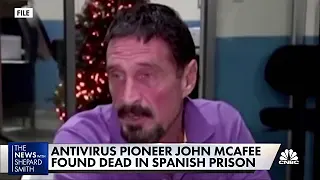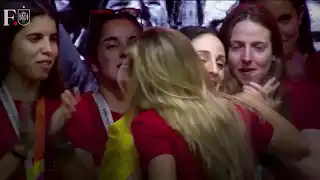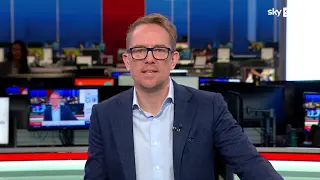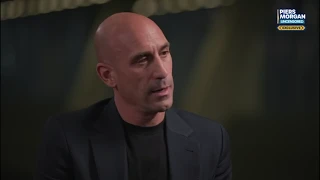Several of Spain’s World Cup-winning women’s soccer players reported for training on Tuesday, despite their previous threats to boycott the national team in protest of sexism and gender inequality at the Spanish football federation (RFEF).
The players, including Misa Rodriguez, Olga Carmona, Oihane Hernandez, Eva Navarro, and Tere Abelleira, had previously said they would not play for the team until further changes were applied at the RFEF. However, they arrived at a hotel near Madrid’s airport on Tuesday under the threat of being sanctioned.
The five players were named in the squad ahead of a Nations League match against Sweden on Friday by new coach Montse Tome, despite signing a statement last week calling for more heads to roll at the RFEF beyond former President Luis Rubiales and former coach Jorge Vilda.
Jenni Hermoso, the player at the center of the scandal after Rubiales grabbed her head and kissed her on her lips, sparking fury over sexist attitudes toward women footballers, on Monday accused the RFEF of trying to divide and manipulate the players.
She said they did this by threatening them with legal and economic consequences if they refused to play.
Should they refuse the call-up, the players could face fines of up to 30,000 euros ($32,000) and the suspension of their federation license for two to 15 years, according to Spain’s Sports Act.
Two sources close to the players said they were expecting the whole squad to report in view of the threat of sanctions.
Asked as she arrived at the hotel whether she was happy to have been selected for the team, Misa Rodriguez replied: “No.”
Hermoso was not on the squad list announced by new coach Montse Tome on Monday, which included 15 of the 23 cup-winning players.
Twenty of those on Monday’s squad list had signed a statement on Friday saying they were not satisfied with the departure of Rubiales and coach Vilda and called for more sackings at the federation.
Hermoso, who according to Tome was not selected in order to protect her, on Monday offered her support to teammates “who have been caught by surprise and forced to react to another unfortunate situation caused by the people who continue to make decisions within the RFEF.”
Victor Francos, head of the state-run national sports agency, said on Monday the government would have no option but to apply the sanctions as stipulated in the law.
“If the players do not show up, the government must apply the law. I’m sorry to say so, but we must do what we have to do,” Francos told SER radio station.
It remains to be seen whether the players will actually boycott the match against Sweden on Friday. However, their willingness to report for training under the threat of sanctions suggests that they are serious about their demands for change at the RFEF.












Discussion about this post